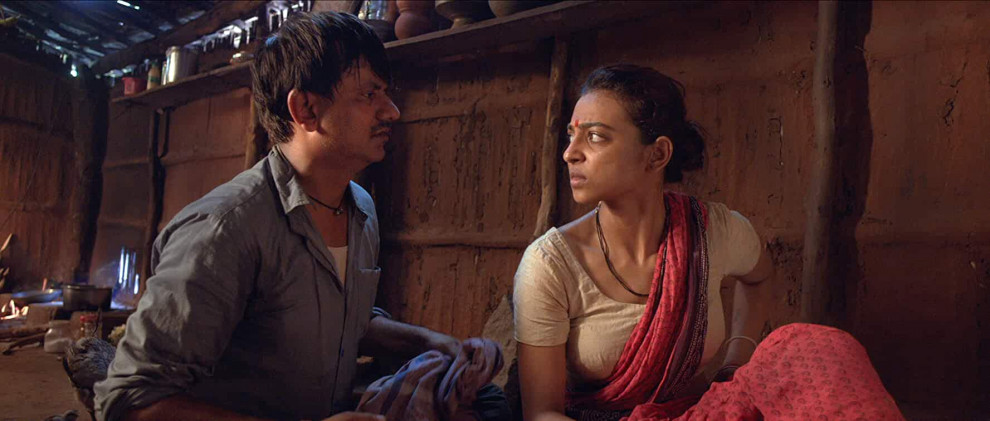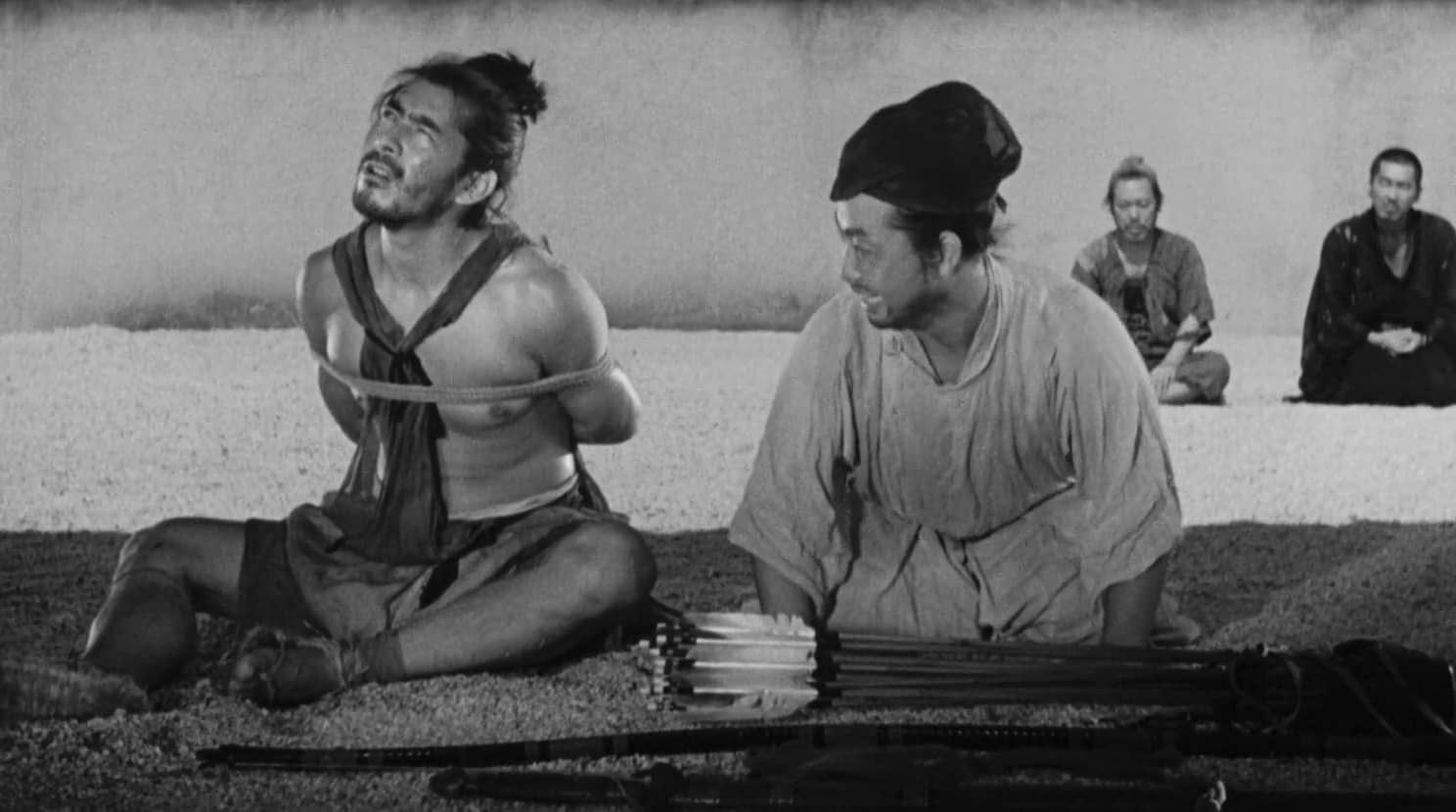In ancient times, cavemen used to worship nature. It comes as no surprise since that was something that they were surrounded by but found themselves to be grateful for. Faith and beliefs came as a result of either devotion or fear towards anything that couldn't be made sense of. Whether we choose to call it paganism or animism, no matter which term we use for such practices; they were the basic sources towards the formation of a religion. That mystery about surrounding is omnipresent and still has a devoted inclination in certain areas. Anay Tarnekar's ‘The Kill' works on similar notions with its implication in the contemporary world.
“The Kill” depicts a present-day narrative from underdeveloped India. Adivasis (tribal men) are one of the minorities from Indian socio-economic strata, who have been historically robbed off from any sources of betterment. A man who belongs to such class spends most of his days on idle chatters while his wife remains to be the sole earner from their family. He drinks off with every penny that his wife earns while not helping in any way in fulfilling the family's basic needs. Moreover, he feels entitled to the wife's respect irrespective of such failings. The domestic quarrels occur due to the same issue.
Yet, there is another fascinating factor about the man. Despite reaching an era of getting a television at his home, he has almost an unhealthy obsession with a tiger from the forest. He wanders around carefully observing the wild creature, being in awe with everything about it. He calls the tiger Balasaheb, which, in Marathi culture, is something that you call a respectable personality by. His wife mocks him for the same, for paying more attention to an animal than the religious figurines at home. Still, the mundane routine of their lives goes on without any particular hindrance.
The real conflict happens for his narrative when he is signed off for killing the tiger that he probably adores more than his own life. On one hand, the money earned by that will earn him some respect from his wife and children while on the other, his godly devotion is under question.
Throughout the duration, Girish Kulkarni's performance prevails who finds the man's struggle through his childlike stares. He looks at the animal with a curiosity signifying someone who is not matured enough to understand the responsibilities of a man of his age. Radhika Apte complements him with an equally engrossing performance as a blunt and formidable figure in their family. Their interactions are enough to convince the viewers of the ethos that the tale takes place in.
Within roughly sixteen minutes, “The Kill” presents an innocent relation of admiration between a human and an animal. Through that, it sheds light on the plaguing issues such as the patriarchal sense of entitlement or systemic oppression resulting in unemployment or/and lack of opportunities in the socio-economically stranded classes. Even the lack of hope towards any actual change and a general irreverence is presented with extreme finesse within almost a romantic relationship between a man and a beast.
The credit goes to the writer-director Anay Tarnekar who presents the themes without overshadowing the emotion of the narrative. There is an ongoing tale of suspense whether the man would try to find a way out of his misery (and general lack of respect) or do the needful, which in this case is taking an innocent life. The cinematographic choices focus on nature which is precisely what is required for conveying a distance from materialistic society, thus getting to the heart of the protagonist who is not able to cope up with his financial issues. Somehow ‘The Kill' signifies till the very end how the eternal struggle between nature and nurture prevails even if an individual doesn't.















